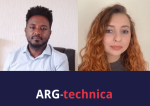
We’re excited to announce that Debela Gemechu and Kamila Gorska this month become the first employees of ARG-tech’s commercial arm, Arg Technica Ltd.

We’re excited to announce that Debela Gemechu and Kamila Gorska this month become the first employees of ARG-tech’s commercial arm, Arg Technica Ltd.
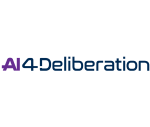
The start of 2025 sees our work ramp up on the new Horizon EU Project AI4Deliberation. The project aims to deliver robust and ethical AI tools alongside detailed guidance to support governments in institutionalising, implementing, and evaluating multimodal, gamified, large-scale deliberative processes. The project’s vision is to empower governments with a well-founded and empirically validated suite of AI-enabled deliberative practices, including a comprehensive framework with practical guidelines and an AI toolkit designed to help governments create, establish, manage, and assess mass deliberations.
ARG-tech’s involvement in AI4Deliberation will build on our 15 year track record in argument mining, reason checking and public deliberation, to deliver state-of-the-art techniques for assessing, improving and facilitating large scale deliberative debates. This work will be lead by Dr. John Lawrence.
AI4Deliberation is a three-year project bringing together 12 partner institutions from 8 countries: Greece, the Netherlands, Ireland, Germany, the United Kingdom, Slovenia, Italy, and Switzerland. More information is available on the project website or on the project’s X feed.
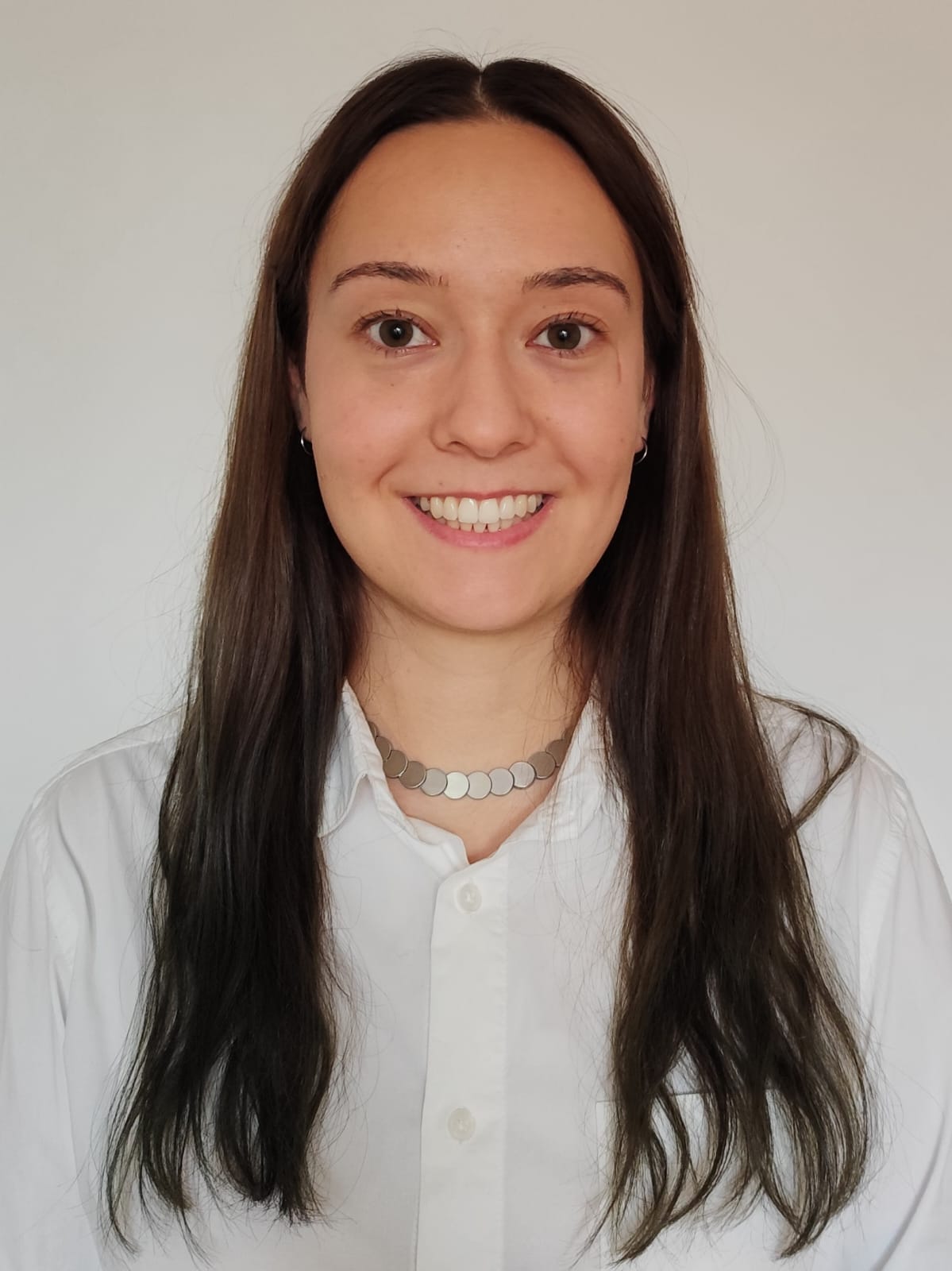
We’re happy to announce that Alina Littek joins our team this week as a PhD student. She holds Master’s degrees from both Uppsala University and National Taiwan Normal University, where she explored innovative approaches to applying machine learning techniques to real-world problems. Welcome Alina!
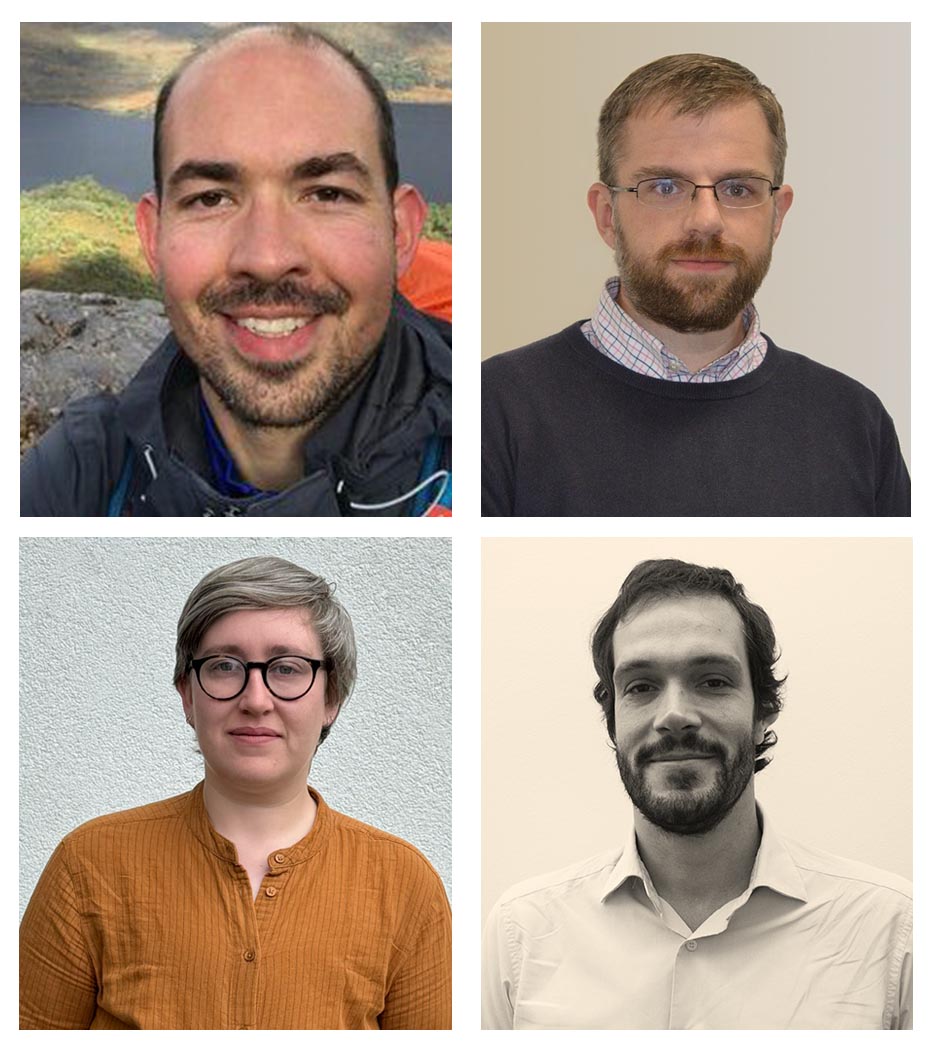
The summer of 2024 has been a good one for people working in ARG-tech. First of all, both John and Jacky were promoted to Senior Lecturer (roughly equivalent to Associate Professor), reflecting the growth in their research portfolio and international profile. Shortly afterwards, we heard that Brian has been appointed Associate Dean for Student Recruitment & Global Partnerships reflecting his commitment to operations and recruitment overseas across the entire School of Science and Engineering. Finally for her outstanding dedication to research over the past year, Eimear has, uniquely in the School, been awarded accelerated advancement in her postdoctoral role. Many, many congratulations to Eimear, Brian, Jacky and John.
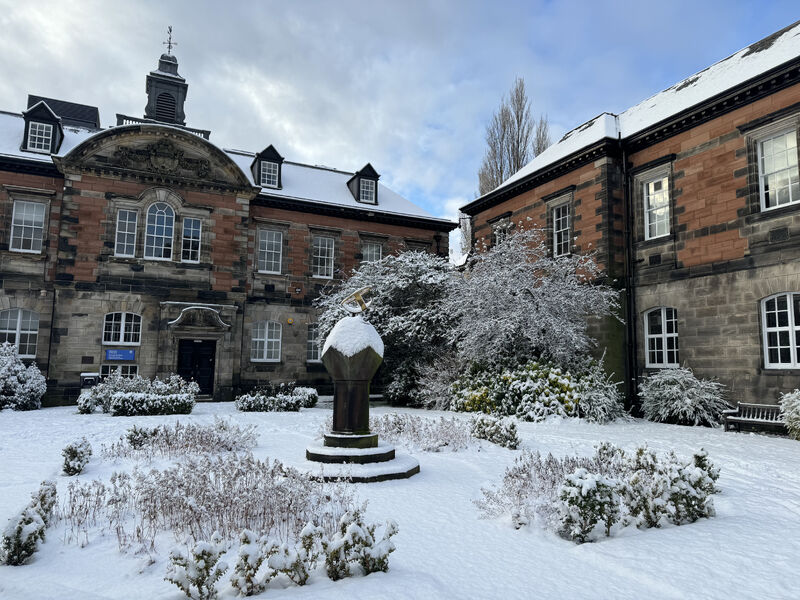
We have a full-time permanent postdoctoral researcher position in computational linguistics. The successful candidate will be expected to contribute to the EU-funded TITAN project in the context of fake news and disinformation.
For informal enquiries please contact Dr John Lawrence at j.lawrence@dundee.ac.uk. For further details and to apply follow this link. Closing date 8th April 2024.

2024 sees three events in the community chaired by members of ARG-tech.
In September, Chris is serving as Programme Chair for the 10th International Conference on Computational Models of Argument (COMMA 2024) to be held in Hagen, Germany. The call for papers is just out, with a deadline for submissions of 18 April 2024.
Just before that, in August, the 11th International Workshop on Argument Mining will be located with ACL 2024 in Bangkok, and is the venue for the 1st Shared Task on Dialogical Argument Mining (DialAM-2024). DialAM-2024 is led by Ramon, Ella, John and Chris, and the call for participation is also just out. The dataset is released on 17 April 2024.
And finally, with Gabriella Lapesa (Duesseldorf), Valentin Gold (Gottingen) and Annette Hautli-Janisz (Passau), Chris is co-organising the 1st Workshop on Language Driven Deliberation Technology (DELITE 2024) located with LREC-COLING 2024 in Turin in May. The deadline for submissions has just been revised to 2 March 2024.
We look forward to seeing our friends and colleagues at all these events.

2024 is getting off to a fabulous start with several changes in the team. First of all we welcome Yevhen Kostiuk who comes to us from Mexico City, and Ayah Soufan who had slightly less distance to travel, coming from Glasgow. They are both joining as postdoctoral researchers. We also welcome back Debela Gemechu, who finished his PhD here in 2021 and then went to work for ContactEngine (which was subsequently acquired by NICE systems) whilst remaining affiliated with ARG-tech as Industrial Fellow in Residence; he rejoins us now as a postdoctoral researcher. Finally, we’re also thrilled to see Elaine McIntyre advancing to a more senior role in supporting the operations of the Centre — anyone who has any dealings with ARG-tech will know that Elaine is a lynchpin of organisational management, so it is super to see her work recognised in this way.
So welcome to Ayah and Yevhen, welcome back to Debela, and congratulations to Elaine! 2024 is going to be a great year!
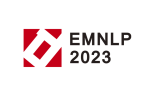
ARG-tech will be present this year in Singapore at EMNLP 2023 and the 10th Workshop on Argument Mining. Two papers co-authored by ARG-tech members have been accepted to the EMNLP Main Conference and one paper to the Workshop on Argument Mining.
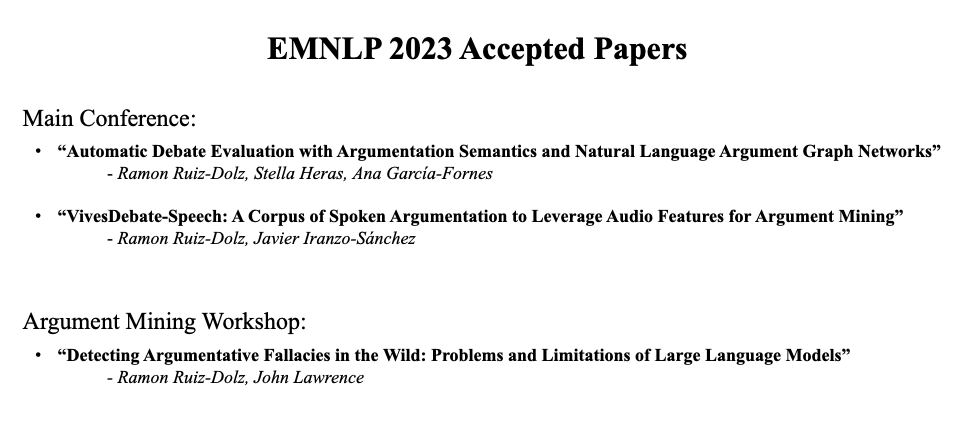
In the EMNLP long paper titled ‘Automatic Debate Evaluation with Argumentation Semantics and Natural Language Argument Graph Networks’ and co-authored by Ramon Ruiz-Dolz, we propose a hybrid method that combines concepts from Computational Argumentation theory and Natural Language Processing to predict the outcome of complete debates in academic debate tournaments.
In the EMNLP short paper titled ‘VivesDebate-Speech: A Corpus of Spoken Argumentation to Leverage Audio Features for Argument Mining’, we publicly release the largest speech corpus containing argument annotations. In addition to the corpus, initial results on the task of argument mining from spoken data are reported, pointing out that acoustic features can be a relevant addition to textual features in the segmentation of argumentative components.
Finally, in the Argument Mining Workshop paper titled ‘Detecting Argumentative Fallacies in the Wild: Problems and Limitations of Large Language Models’ and authored by Ramon Ruiz-Dolz and John Lawrence, we explore the limitations of the existing approaches to identify fallacies with state-of-the-art LLMs. We conduct an error analysis considering specific instances of arguments and rise a discussion in which we suggest the use of more complete models of argumentation that can make possible to overcome the limitations of the state-of-the-art LLMs.

In addition to advertising a permanent research position (see arg.tech/2023PDRA01) the Centre for Argument Technology is now also opening a call for applications for fully-funded PhD studentships.
We currently run a portfolio of research projects for government, charity and commercial funders in the UK, US, EU, Germany, Portugal and Switzerland worth over £1m per year and with many dependencies between these projects, we need people to join the team and help drive forward the research of the Centre. This is a unique opportunity for someone with interest and expertise in working with argumentation to join a world-leading research group – regardless of their disciplinary background. If you think you would be a good fit, we would be keen to hear from you regardless of whether you have a first degree in philosophy, linguistics, literature, communication, cognitive science, AI, mathematics, engineering, economics, international relations, law, or any other cognate disciplines.
Applications are invited across the full range of interdisciplinary research in the Centre, with more details available online.
Applications are accepted by sending cover letter and CV to jobs@arg.tech Closing date is 23 September 2023.

ARG-tech is continuing to expand. We are looking both for candidates for PhD positions, and now also for postdoctoral research positions that are permanent subject to funding review after three years. We are looking both for junior candidates who have either just finished or are about to finish their PhD, and for more senior researchers with significant research experience (Grade 7 to Grade 8, £35,308 to £47,047).
We currently run a portfolio of research projects for government, charity and commercial funders in the UK, US, EU, Germany, Portugal and Switzerland worth over £1m per year and with many dependencies between these projects, we need people to join the team and help drive forward the research of the Centre. This is a unique opportunity for someone with interest and expertise in working with argumentation to join a world-leading research group – regardless of their disciplinary background. If you think you would be a good fit, we would be keen to hear from you regardless of whether you have degrees in philosophy, linguistics, literature, communication, cognitive science, AI, mathematics, engineering, economics, international relations, law, or any other cognate disciplines.
More details are available online, or contact the director of the Centre, Chris Reed, chris@arg.tech. Applications are accepted online until the deadline, 14 August 2023.